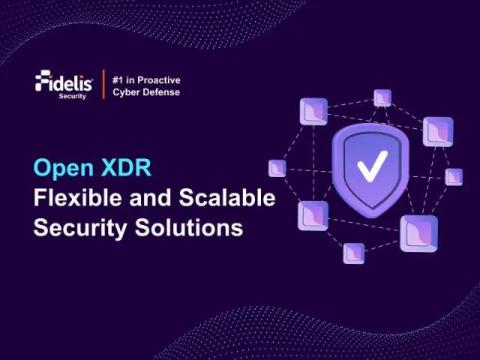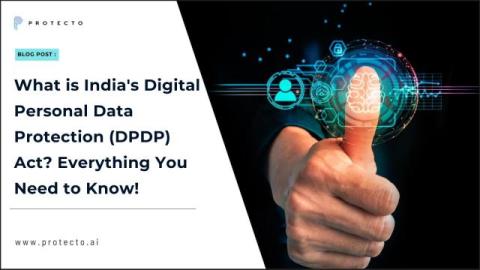What is Open XDR
Open XDR is a vendor-agnostic XDR solution that interacts effortlessly with an organization’s existing security infrastructure. It is intended to collect, correlate, and analyze data from many security tools and platforms, resulting in a unified view of the security landscape. Unlike traditional XDR systems, Open XDR allows enterprises to select the finest security products for their individual needs without being restricted to a single vendor’s ecosystem.









